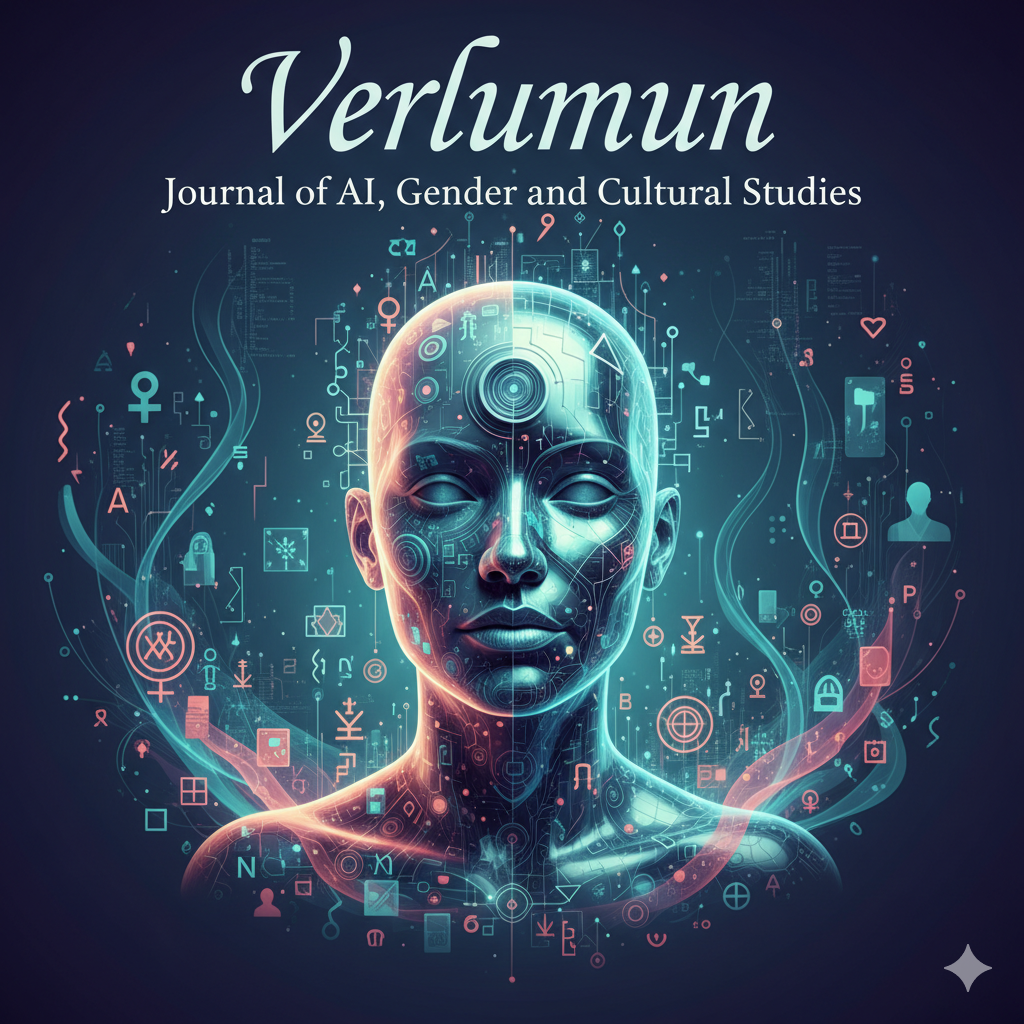The Algorithmic Mirror: Youth Perception of Gender Bias in AI-Generated and Digital Media Portrayal of Professions
Keywords:
Algorithmic Bias, Gender Portrayal, AI-Generated Content, Digital Media, Professional Stereotypes, Youth Perception, Gender EqualityAbstract
Background: AI-driven digital media platforms and content increasingly mediate how professional and gender roles are portrayed, often inheriting and amplifying pre-existing cultural bias. This phenomenon, which extends the effects of traditional media theories into the algorithmic age, warrants critical investigation, particularly in relation to professional aspirations among young people.
Objective: This study critically investigated youth perception of gender bias in the portrayal of professions within AI-generated and digital media content in Nigeria.
Methodology: A descriptive survey research design was utilised. Data was collected using a questionnaire administered to a multi-stage sample of 385 respondents drawn from Nigeria. Results were analysed and presented using descriptive statistics.
Results: The findings reveal a widespread perception of severe gender segregation in digital media portrayals. Females were overwhelmingly assigned domestic roles as workers (92%) and sex objects (95%), while males were consistently portrayed in high-status, dignifying roles, such as technocrats and entrepreneurs (ranging from 83% to 98% perception). Also, 88% of respondents perceived that science-related professions are predominantly attributed to men, demonstrating that gender bias has been inherited and codified by AI and digital systems.
Conclusion: Digital and AI systems function as an algorithmic mirror, accurately reflecting historical cultural bias and, through their engagement-based logic, actively amplifying this bias. This process perpetuates and accelerates gender inequality in professional aspiration and representation among youth by influencing their self-efficacy (SCT) and cultivating a skewed social reality (CT).
Downloads
Published
Issue
Section
License
Copyright (c) 2025 Chris Ogwu Attah (Author)

This work is licensed under a Creative Commons Attribution-NonCommercial 4.0 International License.

